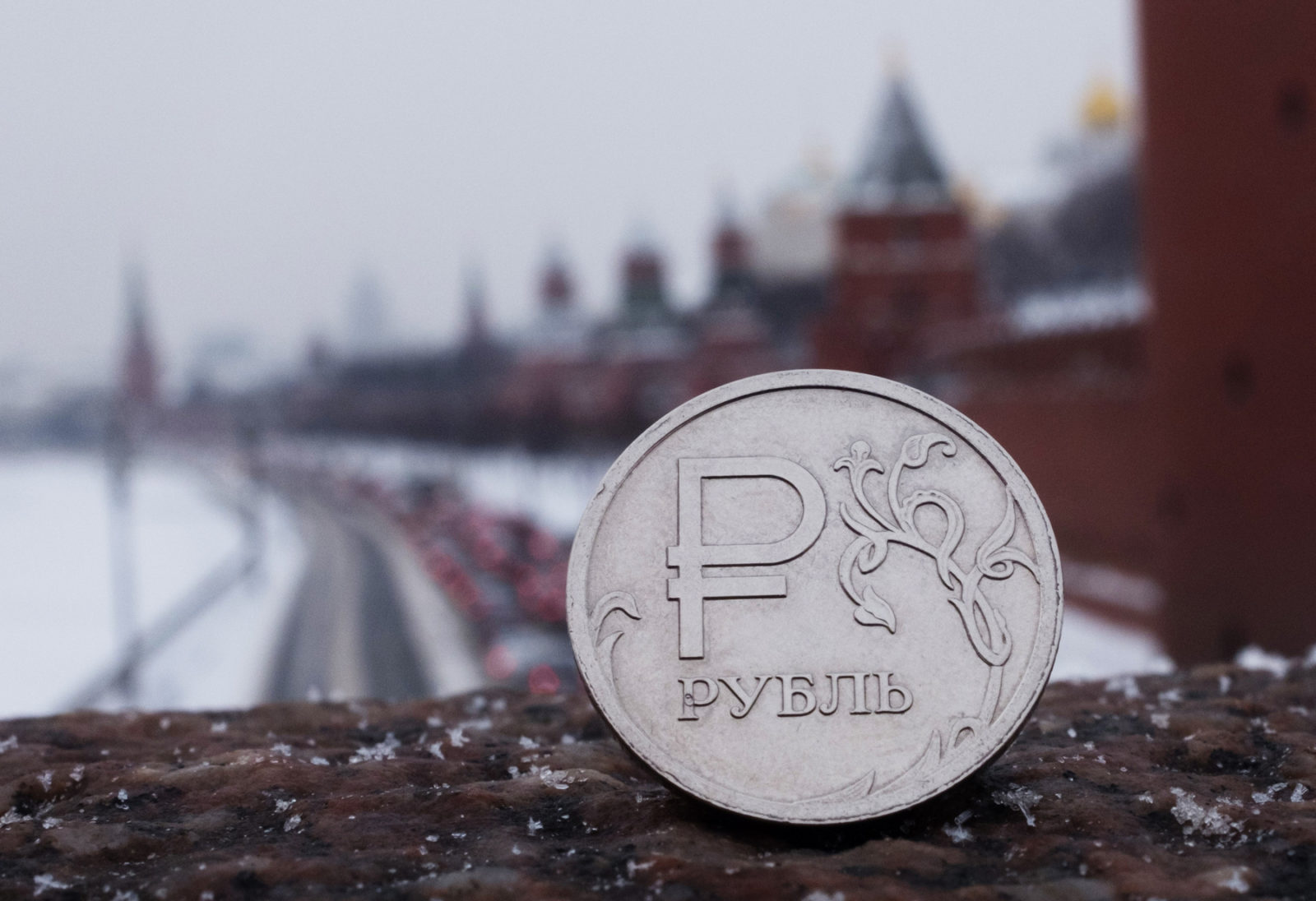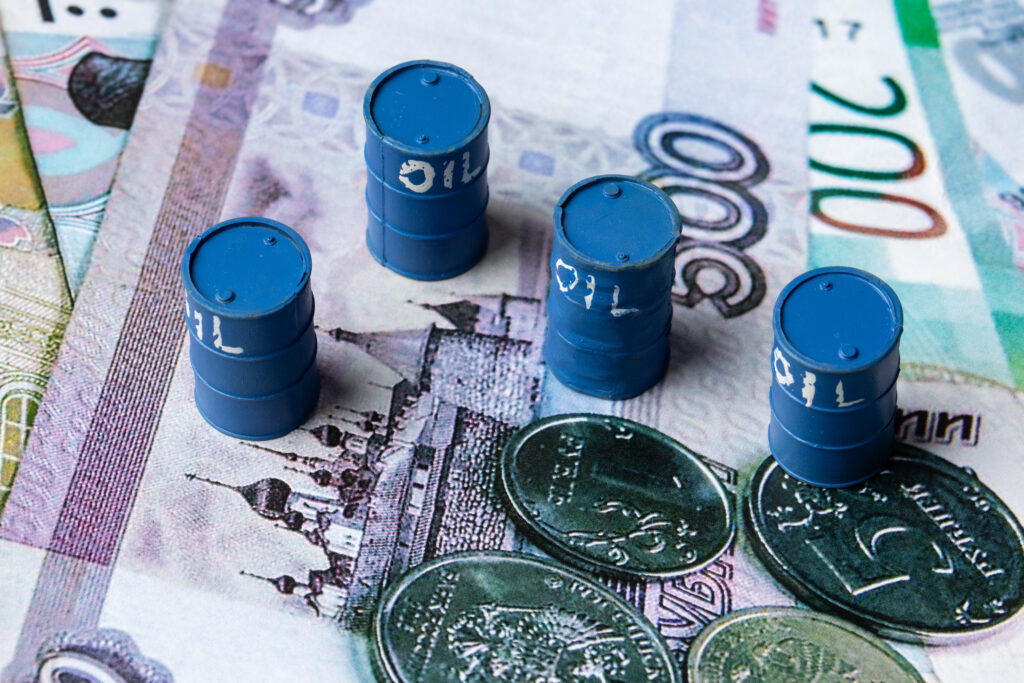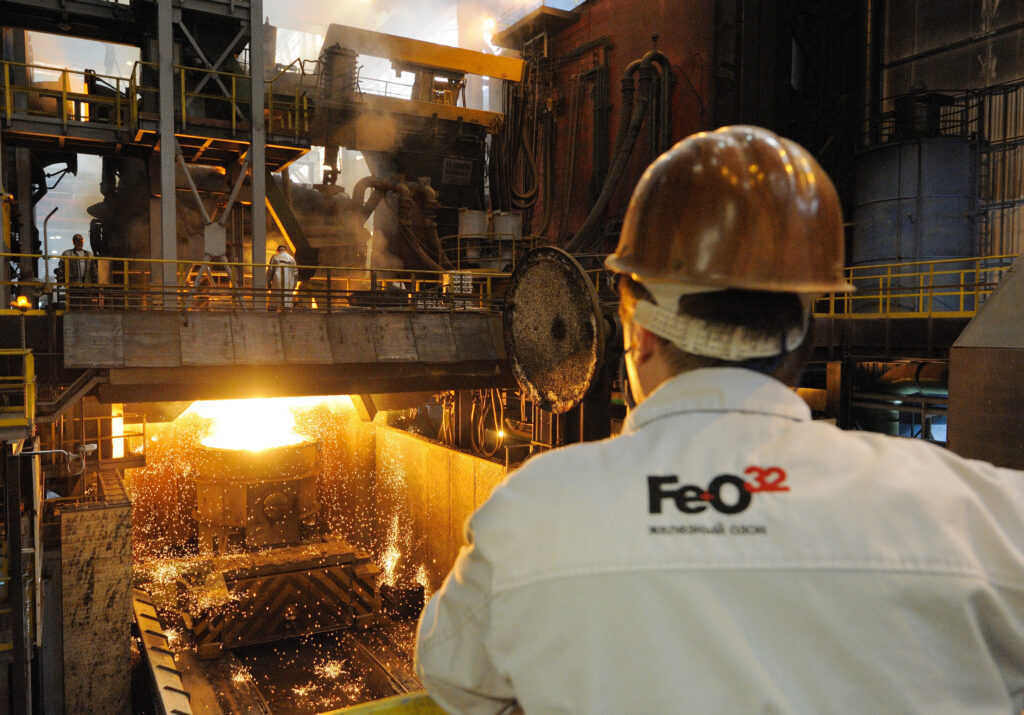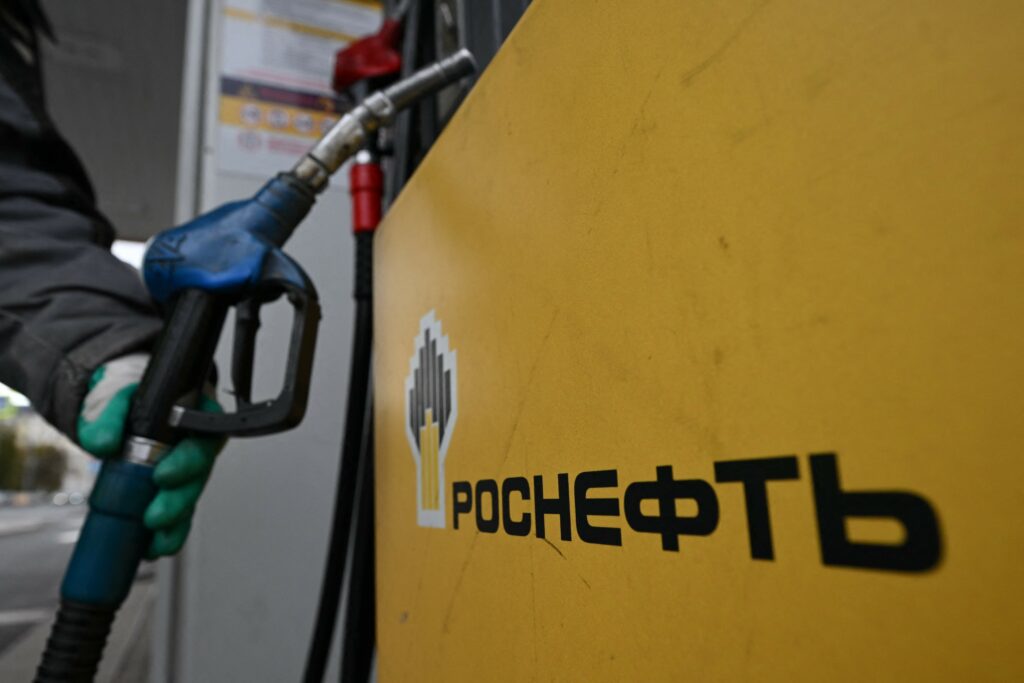There is an old Russian phrase — «scraping the bottom of the grain bin.» That dates back to medieval peasant life as a way of describing a last attempt to gather food, and more generally a desperate last resort. This is the method the Russian government is employing right now while introducing the 4−6% tax on self-employed income starting from next year.
Although the objectives of the initiative are clear (taxation of earnings), the methods of tax collection and the social consequences are not.
The draft law has already passed its first reading in the Duma and will most probably come into force at the start of 2019. It will first be enforced in four regions: the Kaluga Oblast, Tatarstan, Moscow and the Moscow Oblast. The so-called ‘experiment’ is scheduled to last 10 years. If the outcome is positive, it will not take so long to extrapolate the results.
Why were these four regions selected? They are donor regions. That is, they transfer more funds than they receive. Perhaps the authors of the draft believe that these regions are better-off compared to the rest of the country. Clearly, the share of the shadow economy is relatively high in Moscow and the Moscow Oblast. In other words, there is a potential when it comes to tax collection. Secondly, quite a number of people might be interested in emerging from the shadow economy.
It is assumed that so-called self-employed individuals will have to register via a mobile app, among others. Every transaction carried out by a natural person will be subject to taxation at a rate of 4% or 6% for a legal person. Should a registered person fail to pay tax on a transaction, they will be fined an amount equal to the value of the income from the transaction (in the case of a first violation, a more lenient 20% fine will be imposed).
This tax regime applies to citizens who have no employer, do not employ anyone under an employment contract and who receive an income from self-employment which does not exceed 200,000 roubles a month (2.4 million roubles a year). This is a relatively high threshold taking into account that the average monthly income in the country is only one-fifth of that amount. Moreover, 1.5% of this tax revenue from self-employed income will be used to fund the mandatory Medical Insurance Fund which will relieve the burden on regional budgets, according to the initiators of the draft. Up to now, the regions have been paying medical fees for the non-working population and 618 billion roubles is spent by the regional budgets to that end.
Devils in the Details
Everything seems quite humane: individuals in the shadow economy are offered something akin to ‘a fee for income legalisation’ at a cost of their cash-out transactions. Unless, of course, the tax rate does not increase in the nearest future.
Who are the self-employed? Taxi drivers working via transportation network companies, nurses and nannies, private tutors, couriers, handymen and craftsmen. They also include cleaning and translation services, other freelance activities, consulting and catering — you name it. Under the draft law, everyone involved in entrepreneurial activity who does not employ workers is regarded as self-employed.
This is a flaw: a tax rate of 4−6% is introduced for a not very well-defined category of citizens which can hardly be distinguished from other categories such as sole proprietors who have a different fiscal and legal status. And their taxes are higher. How is it possible to differentiate self-employment from hired labour and other means of earning taxed at 13%? Why not declare yourself self-employed and strike up an agreement with an employer whereby the latter stops paying your social contributions and instead pays you the maximum of 6% as a freelancer.
Representatives of the authorities are confused when it comes to the number of self-employed, which testifies to the lack of clear classification criteria both in terms of determination of the potential tax base and with respect to taxpayer categories. Here is the way in which the head of the Duma Budgetary Committee Andrei Makarov arrives at his estimate: We take 82 million of the working-age population, deduct 52 million employed individuals who either pay insurance contributions themselves or via their employers. We get a difference of about 30 million people who ‘mostly work, earn incomes but do not enter into any fiscal relationship with the state’ – and these are the self-employed. Rosstat, in turn, estimates that during the second quarter of this year, the number of Russians ‘self-employed’ in the shadow market was 14.6 million.
The tax payment procedure is simple yet unfamiliar to Russians. A special mobile application has been developed by the tax authority which allows a taxpayer to select a given type of activity and to forward a fiscal receipt to the tax authorities from each sale of goods or services. At the end of the month, the tax authority issues an invoice paid via the bank account specified by the person for this purposes. In other words, you generate fiscal sales receipts for cleaning a flat, delivering a parcel or cooking for a private party.
It is absolutely unimaginable in Russia. People are not used to reporting cash transactions and incomes in cash to the state. Why should they start doing it now? Out of fear of getting a fine? Who is going to catch them red-handed? It is easier to imagine a situation whereby transportation network companies, let’s say, force taxi drivers to register as self-employed under pressure from the state.
However, there is the problem of registering all services and transactions also in this case. This will prompt taxi drivers to start stealing customers from the transportation network company, negotiating with them privately. As a result, transportation network company revenues will slide.
The most important thing is that the new tax system is to be introduced in a climate in which mutual trust between citizens and the state is non-existent. Having entered into direct fiscal relations with the state (which should be built on trust), citizens will take a closer look at the way their taxes are spent. Why is there enough money to fund the wars in Syria and Ukraine, not to mention expensive military toys, when there is no money to increase child benefits? Why are there regular deductions from salaries to subsidise healthcare when you have to pay for treatment everywhere and free healthcare in Russia is a thing of the past? Why are petrol prices constantly rising in an oil-producing country? Why are utility bills becoming ever more costly while housing and utility services remain in a state of dilapidation? Why do MPs who adopt such laws receive disproportionately high salaries? Why do top managers of state corporations in poor Russia earn astronomical incomes that even CEOs of largest Western corporations can only dream of? Finally, why is there no minimum non-taxable income as is the case in practically every country in the developed world? In the US, this is approximately $ 10,000 a year. Such a minimum non-taxable income even exists in China where the standard of living is not higher than in Russia on average.
At the political level, the famous demand of the American revolution — «No taxes without representation» — has not yet been implemented in Russia. The effectiveness of any tax system depends on the level of trust between the authorities and taxpayers.
In the 1990s, the Russian authorities abandoned a system whereby taxpayers themselves were responsible for filing tax returns for the previous year and for paying their taxes. This system resembled that currently in place in the US. The post-Soviet authorities did not trust citizens and did not believe they would report their incomes truthfully.
Hence, a different system was adopted: the employer or other income source serves as a fiscal agent in a relationship with the state which makes it easier to collect taxes. And this is one of the main reasons why even revenue officers themselves oppose the graduated tax system which drastically enhances the dependency of state finances on the good faith of taxpayers and under which tax revenues dwindle, given the low level of trust between taxpayers (who are also voters) and the state.
There are two ways to negotiate this impasse: The first is to boost trust between citizens and the state. In order for this option to be effective, a war on corruption, social inequality and the stratification of society have to be declared. This also means ensuring equal opportunities for all along with the development of democratic institutions including the system of checks and balances. Another way would be to develop totalitarian technologies in order to take absolute control over individual incomes and expenditures.
This is not Russia’s first attempt at legalising self-employment. Back in 2016, a law which introduced tax holidays for self-employed persons who registered with the tax authority was adopted. Since then, as few as 1,281 (as of March 2018) have registered as self-employed persons in Russia. Hence, huge budget revenues from taxes on self-employed incomes should not be expected; the majority of those supposed to be affected by the new tax believe that they are already being short-changed by the state.










